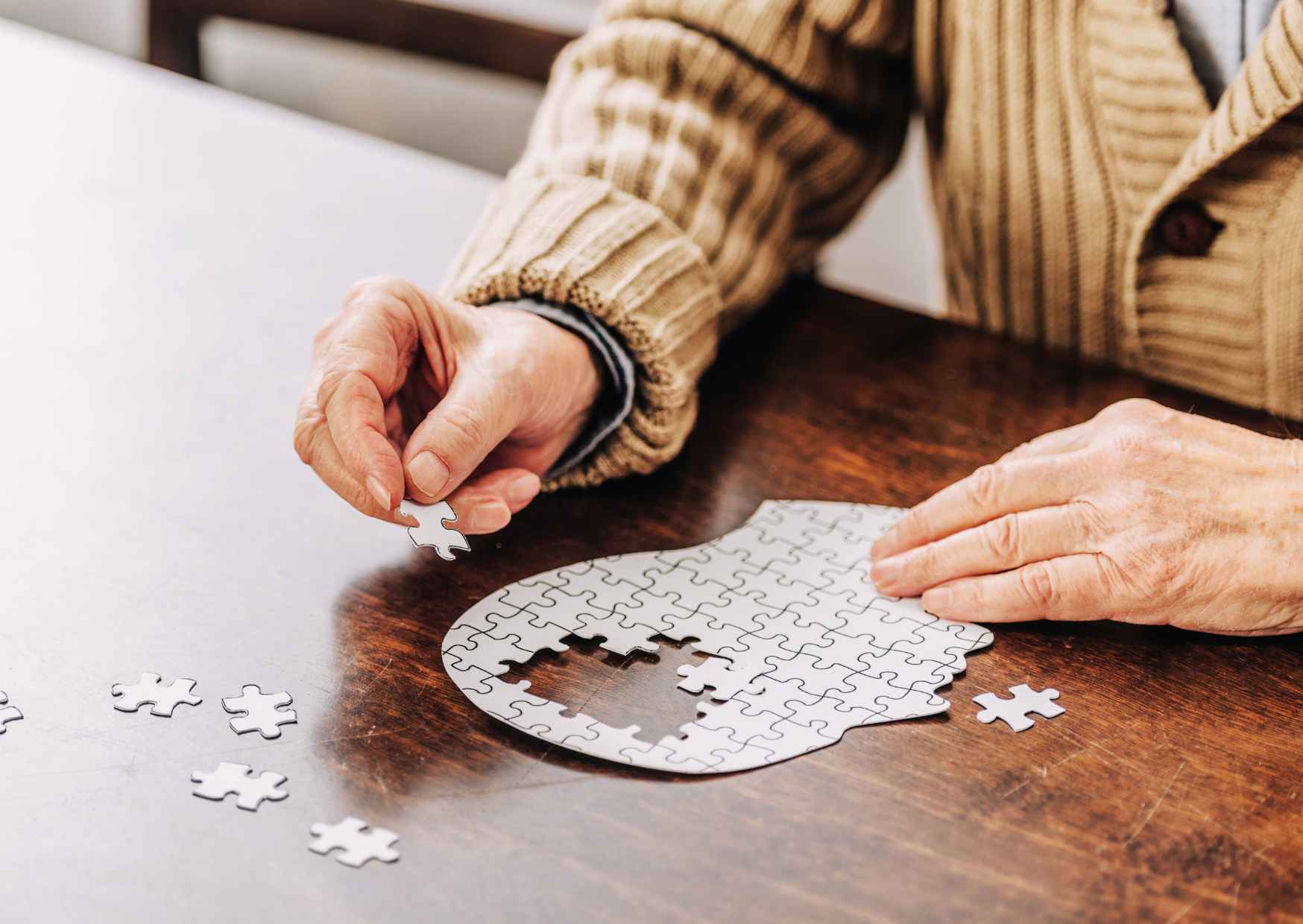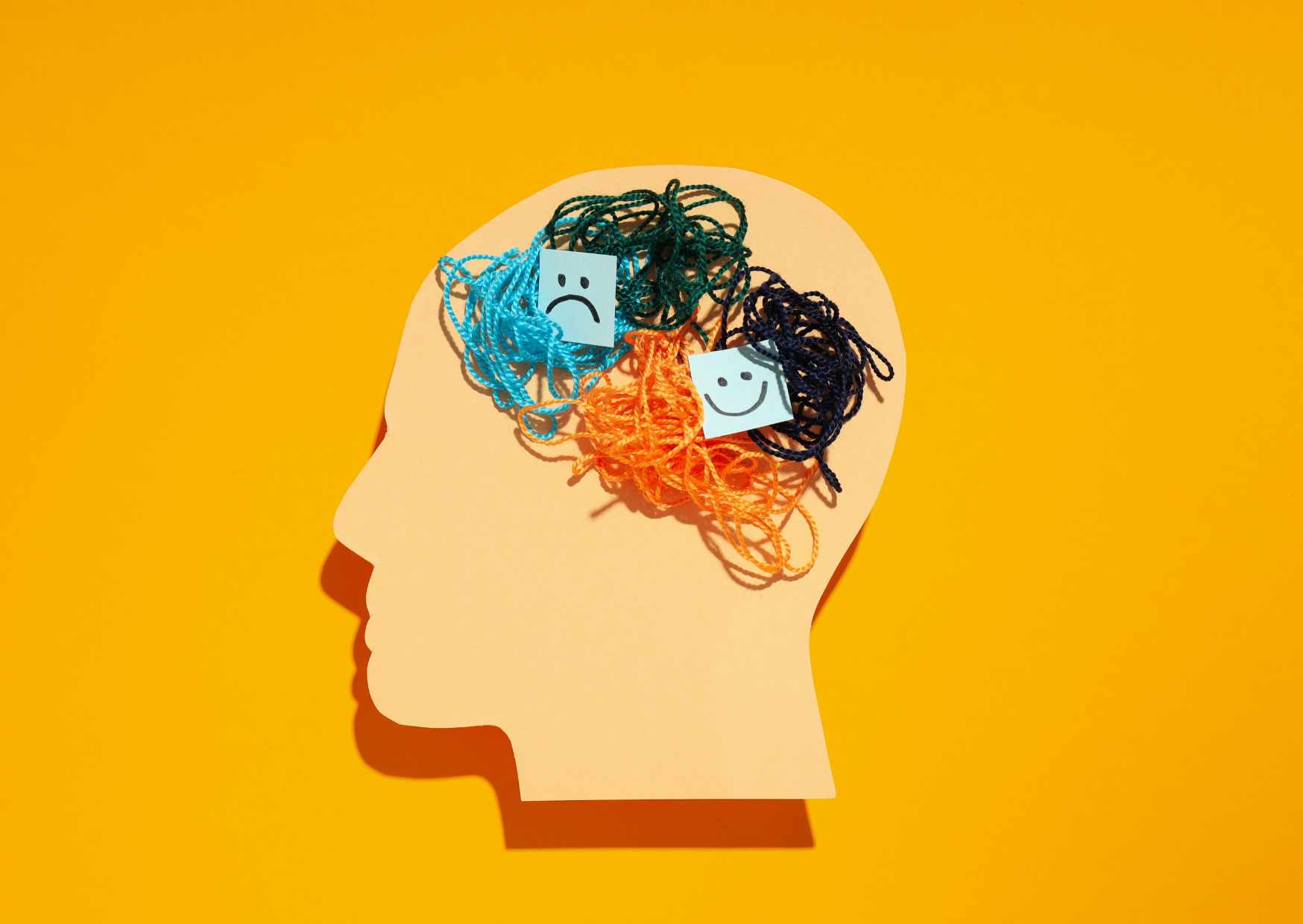Cognitive Health: Should You Worry About Frequently Misplacing Items?

It’s common to occasionally misplace items in our daily lives. However, if you find yourself frequently losing things, it might raise concerns about your cognitive health. This article explores the possible reasons behind this behavior, ways to cope, and provides an academic perspective on cognitive health and how it’s assessed medically.
What is Cognitive Health?
Cognitive health refers to the ability of the brain to think, learn, and remember. It encompasses various cognitive functions such as attention, language skills, problem-solving, and decision-making. Good cognitive health means an individual can effectively carry out daily activities, maintain social interactions, and enjoy a high quality of life.
- Cognitive Tests: Common tests like the Montreal Cognitive Assessment (MoCA) and the Mini-Mental State Examination (MMSE) help assess memory, attention, language, and other cognitive functions.
- Neuropsychological Tests: These more detailed tests evaluate the functions of different brain areas and determine if there are cognitive impairments.
- Biomarkers: Recent research has identified biomarkers that can help more accurately diagnose cognitive disorders like Alzheimer’s disease.
- Medical History and Behavioral Observation: Healthcare professionals will review the patient’s medical history and observe their behavior and emotional changes to determine if there are cognitive health issues.
These methods collectively help healthcare professionals accurately assess and diagnose cognitive health conditions and develop appropriate treatment plans.

Stress and Anxiety
Stress and anxiety are common causes of memory decline. When we feel stressed or anxious, our brain gets distracted, making it difficult to focus on the task at hand, leading to misplaced items. For example, a busy workday or the eve of an important exam might make you more likely to forget where you left your keys or phone.
Lack of Sleep
Adequate sleep is crucial for maintaining good cognitive function. Lack of sleep affects the brain’s memory and attention, making you more prone to losing things. If you often stay up late or have poor sleep quality, consider improving your sleep habits.
Age-Related Memory Changes
As we age, memory may decline. This is a normal physiological phenomenon, but if you find that memory loss is affecting your daily life, it is advisable to seek professional medical advice.
Cognitive Impairment
If frequent loss of items is accompanied by other cognitive issues, such as difficulty completing daily tasks, language problems, or impaired judgment, it could be an early sign of cognitive impairment. Alzheimer’s disease and other forms of dementia are common cognitive impairments that require early diagnosis and treatment.
Lifestyle and Environment
Sometimes, lifestyle and environment can also affect our memory. For example, a fast-paced lifestyle or a cluttered environment can lead to misplaced items. Establishing an orderly living environment and good habits can help reduce the frequency of losing things.



